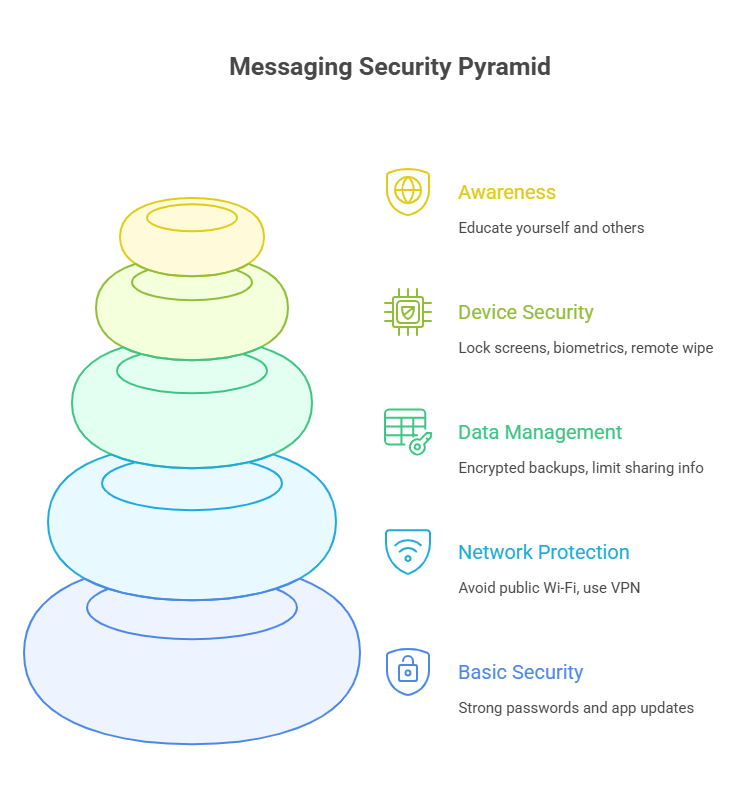An in-depth deconstruction of the global [Messaging Security Market Share](https of the Messaging Security Market Share reveals a highly competitive and dynamic landscape populated by a diverse mix of specialized security vendors, large IT infrastructure providers, and emerging cloud-native players. At the apex of the market, a group of established, pure-play cybersecurity vendors has traditionally commanded a significant share, particularly in the foundational secure email gateway (SEG) segment. Companies like Mimecast, Proofpoint, and Barracuda Networks have built their dominant positions by offering comprehensive, feature-rich solutions that combine anti-spam and anti-malware filtering with more advanced capabilities like sandboxing for malicious attachments, URL rewriting to protect against phishing links, and integrated data loss prevention (DLP). Their deep specialization, extensive threat intelligence networks, and robust, cloud-based delivery models have made them the go-to choice for thousands of organizations seeking a dedicated, best-of-breed solution to protect their most critical communication vector, thereby securing a substantial portion of the overall market revenue.
The competitive dynamics of market share are profoundly influenced by the strategies of large, diversified technology and security conglomerates such as Microsoft, Google, and Cisco. These giants leverage their massive installed base and platform dominance to capture a significant and growing share of the market. Microsoft, with its Microsoft 365 and Office 365 suites, has become a formidable force by bundling increasingly sophisticated security features, like Defender for Office 365, directly into its productivity platform. For the millions of businesses that run on Microsoft's ecosystem, adopting these native security tools is often a simpler, more cost-effective, and more tightly integrated option than deploying a third-party solution. Similarly, Google offers robust security for its Gmail and Google Workspace platforms. Cisco has also carved out a major market share through strategic acquisitions, integrating advanced email security capabilities into its broader network and cloud security portfolio. The ability of these platform giants to offer "good enough" security as part of a larger, essential service creates a powerful gravitational pull that continuously reshapes the market share distribution.
The evolution of business communication beyond just email has introduced a new and fragmented dimension to the market share battle. The explosive growth of collaboration platforms like Slack, Microsoft Teams, and other instant messaging applications has created a new attack surface that traditional email security vendors were not initially designed to protect. This has opened the door for a new wave of specialized, cloud-native security startups and established vendors expanding their portfolios to capture a share of this emerging segment. These companies offer solutions specifically designed to scan for malware, detect phishing attempts, and enforce compliance policies within the complex, API-driven environments of modern collaboration tools. Their focus on this new frontier allows them to gain a foothold and compete effectively against the incumbents. This has led to a more complex and multi-front competitive landscape where market share is no longer just about securing the email inbox, but about providing a comprehensive security fabric for the entire spectrum of digital communication channels.

